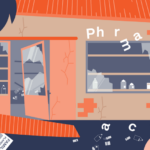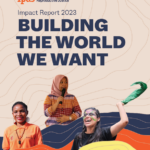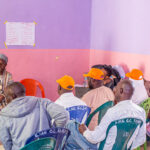
Combatting gender-based violence is a massive challenge in Nigeria, where nearly one of every three women and girls aged 15-49 has experienced physical violence, including rape and other forms of sexual violence. Ipas has developed a crucial partnership with religious leaders that’s helping to change this.
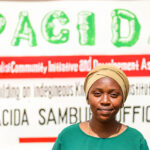
With a grant from Ipas’s Collaborative Fund, Abdiah Lalaikipian’s organization was able to make meaningful change in northern Kenya’s pastoralist communities. The Collaborative Fund approach involves designing by dialogue. Through a participatory process, we enable communities and Civil Society Organizations to design projects that best address their issues.
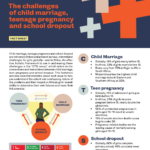
Child marriage, teenage pregnancy and school dropout are intricately linked and present serious, interrelated challenges for girls globally—and in Africa. An effective, holistic framework to use in addressing these challenges is the “CTS nexus,” which refers to the connections and interactions between child marriage, teen pregnancy and school dropout.
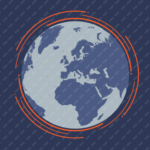
Research from around the world shows that the ability to decide when and whether to have another child helps mothers take better care of themselves and the children they already have.
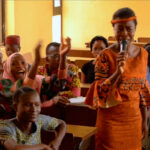
Ipas’s local partner, Onelife Initiative for Human Development, has helped Nigerian college students take control of their sexual and reproductive health through a program called “Campus Wey Sabi,” a title which loosely translates to “campus knows best.” Through measuring student knowledge, training local health-care vendors, and hosting on-campus sessions with students and health providers, the program achieved significant results in just four months.
The International Sexual and Reproductive Rights Coalition (ISRRC) celebrates the 30th anniversary of the International Conference on Population and Development Programme of Action (ICPD PoA) and the outcomes of its reviews and its transformative impact on the lives of women, adolescents, girls, and structurally excluded groups across all regions.
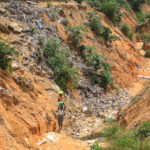
Climate change is exerting multifaceted pressures on comprehensive sexual and reproductive health care for women and girls, according to Ipas research in countries around the world. As global temperatures soar and extreme weather events intensify, access to essential services—including family planning, pregnancy care and abortion—becomes increasingly difficult.

